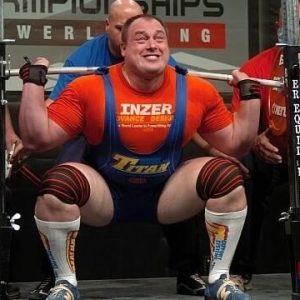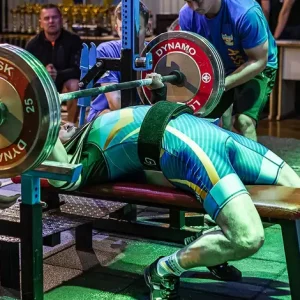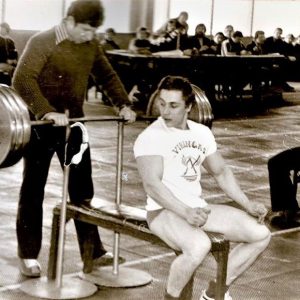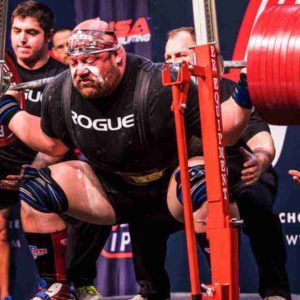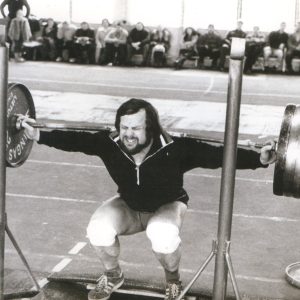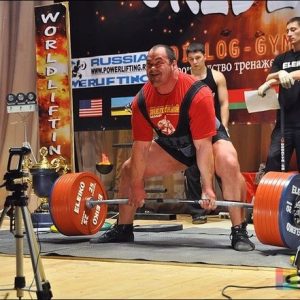Powerlifting
Founder of Powerlifting:
Bob Hoffman

Powerlifting as a competitive sport began to emerge in the 1950s. The exact “founder” is difficult to pinpoint as the sport has evolved through the contributions of many people. However, Bob Hoffman, owner of York Barbell, is often cited as a key figure in popularizing strength sports in the United States, which contributed to the development of powerlifting.
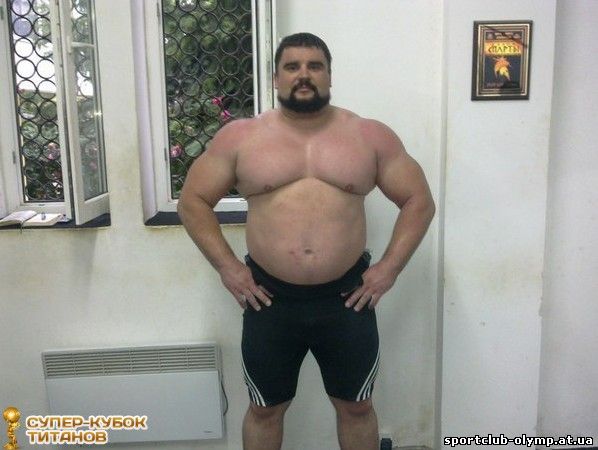
Sergey Oleolenko
Transcarpathian Sergei Oleolenko became world champion in powerlifting
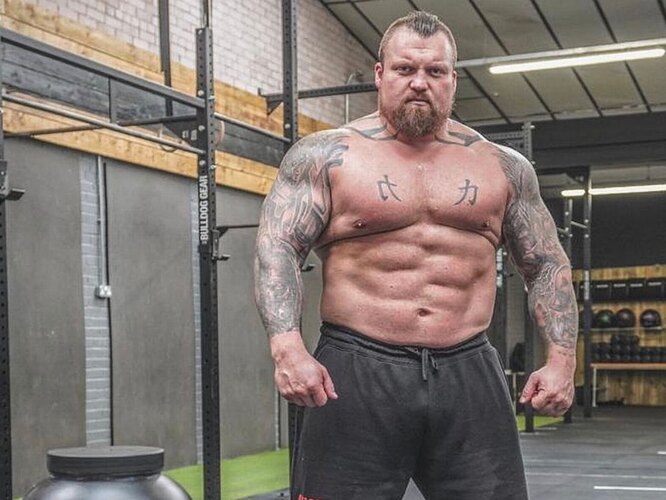
Eddie Hall
British powerlifter known for his deadlift record.
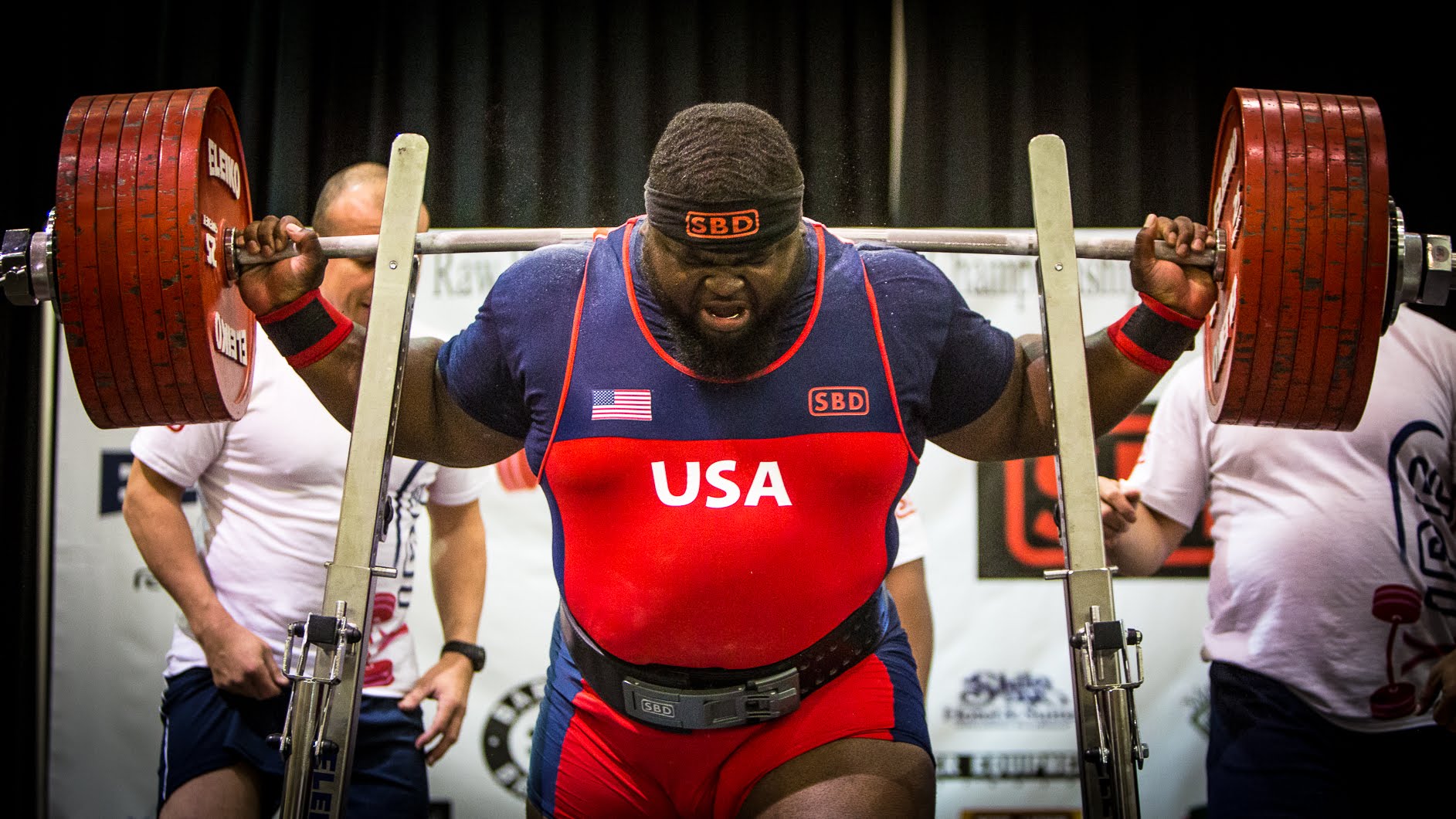
Ray Williams
American powerlifter, known for his outstanding results in the squat.
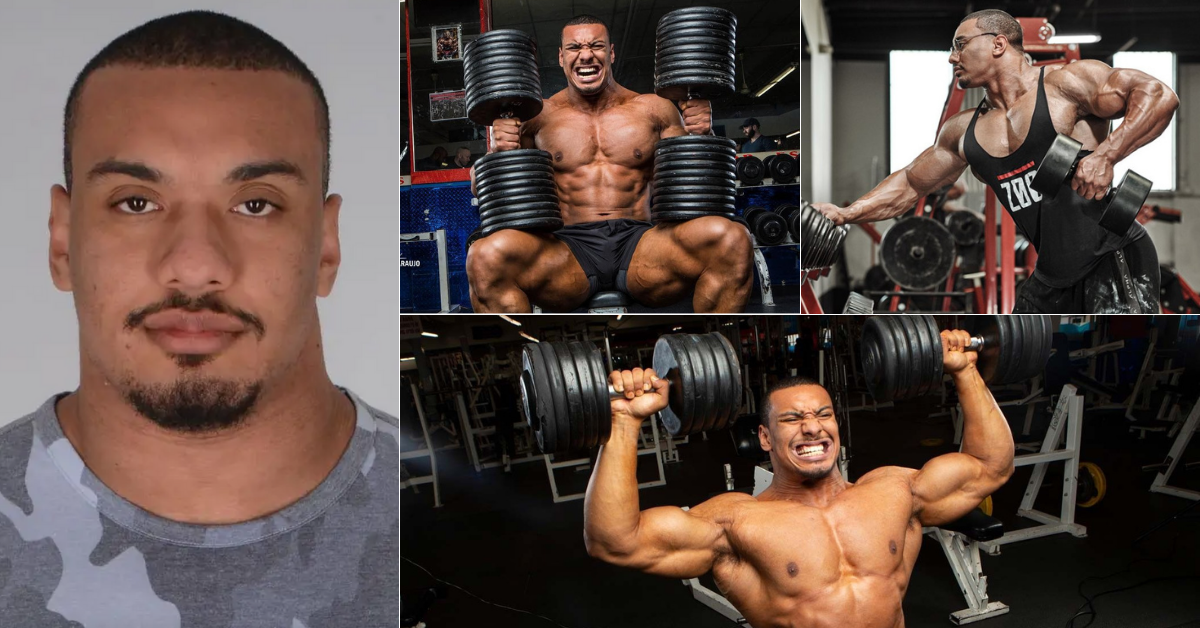
Larry Wheels
Olympic champion and multiple world championship medalist.
Powerlifting,[1] or powerlifting[2] (English powerlifting: power — force, and lift — to raise), is a strength sport in which an athlete overcomes weight. Powerlifting is also called power triathlon. This is due to the fact that, as competitive disciplines, it includes three exercises: squatting with a barbell on the shoulders, a barbell press lying on a horizontal bench, and a barbell pull – which together determine the athlete’s qualification.
In powerlifting, unlike bodybuilding, strength indicators are important, not the beauty of the body.
During the performance, the performance of athletes in the same weight category is compared. The score is based on the total maximum weight taken in all three exercises. If the indicators are the same, the victory is awarded to the athlete with a lower weight. When comparing athletes of different weight categories, they can use the Wilks formula or the Glossbrenner formula (most often used by the WPC-WPO federation). The number of international powerlifting organizations is constantly growing[3]. But, despite the decentralization characteristic of world powerlifting, the most famous and popular remains the International Powerlifting Federation (IPF). The IPF is the only international powerlifting organization that is a member of the World Games Association and the General Assembly of International Sports Federations. In 2004, after a long process, the IPF received recognition from the IOC and signed the WADA Code, since 1964, powerlifting has been included in the program of the Paralympic Games as “weightlifting”, and since 1992, as powerlifting. The number of participating countries is 115, and women took part in the 2000 Paralympic Games for the first time.
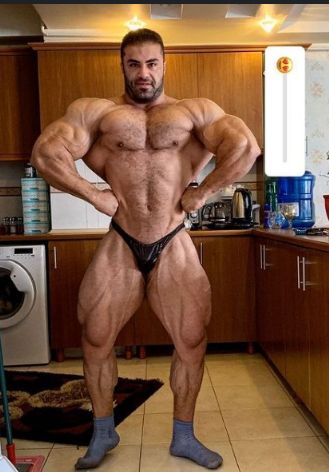
Behrouz Tabani (Iran)
Behrouz Tabani is an Iranian powerlifter known for his outstanding achievements in weightlifting. He has set several national records and won medals in international tournaments, inspiring young athletes with his example.
History
Powerlifting originated from exercises that weightlifters used to increase results in basic movements. At first, the set and order of exercises differed from the modern ones — in addition to the usual squats, bench press, deadlift, powerlifting also included bending the arms with a barbell while standing (raising the biceps), sitting, pressing behind the head, etc. These are “strange” from the point of view of weightlifting, exercises, on the border of the 40s and 50s of the 20th century. gained popularity in the West, competitions began to be held. And in the 50s and 60s, powerlifting began to take shape in its modern form. By the mid-1960s, the rules of the competition were defined and national level championships began to be held regularly.
In November 1972, the International Powerlifting Federation (IPF) was founded, and a year later, in November 1973, the first world championship was held. In 1980 in Lowell, Massachusetts, USA, women took part in the World Championship for the first time, and in 1989 the IPF combined the men’s and women’s championships.
In 1986, the World Powerlifting Congress (WPC)[4] was founded, and later other alternative international organizations appeared.
Current state
The main discipline in modern powerlifting is triathlon — squatting, pressing and pulling. The regulations were inherited from weightlifting — in each exercise there are three approaches, if the weight is not submitted even once in the exercise, the athlete is eliminated from the competition, but the judges can allow the athlete to continue the fight for small medals in individual exercises, if he faithfully performed his approaches.
In addition to triathlon, competitions are held in one single exercise — the bench press. Practically all federations have developed additional standards for this. Along with the usual barbell press of the maximum weight, the multi-repetition – “folk” press (barbell press with the weight of the athlete himself multiple times) and “Russian” press (barbell barbell of a fixed mass multiple times) are gaining more and more popularity. In fact, for individuals with musculoskeletal injuries, the bench press remains the only available strength exercise.
Powerlifting equipment
Now in powerlifting, the following equipment is used: a belt, bandages for knees and wrists, a T-shirt for bench press, overalls for squats, overalls for deadlifts and some others. Equipment in powerlifting appeared to protect against injuries, while due to the stiffness of the fabric, it gave an allowance of 5-15 kg in each movement. However, in recent years, manufacturers of equipment for powerlifting have improved their products so much that the average allowance in each exercise has reached 50 kg, and the maximum reaches 150, in some cases even more. This fact, as well as the total use of doping at the amateur level in the absence of effective control, caused a rapid increase in powerlifting standards over the past 10 years.
Several sports techniques:
Barbell Squat
The technique begins with the barbell being placed on the athlete’s shoulders. The athlete squats until the thighs are parallel to the floor or lower, then returns to the starting position.
Bench press
The barbell rises from the racks and lowers to the chest, then the athlete squeezes it up until the arms are fully extended.
Barbell row
The athlete bends down, takes the barbell and lifts it up, straightening at the waist, until he stands straight with the barbell in his hands.
